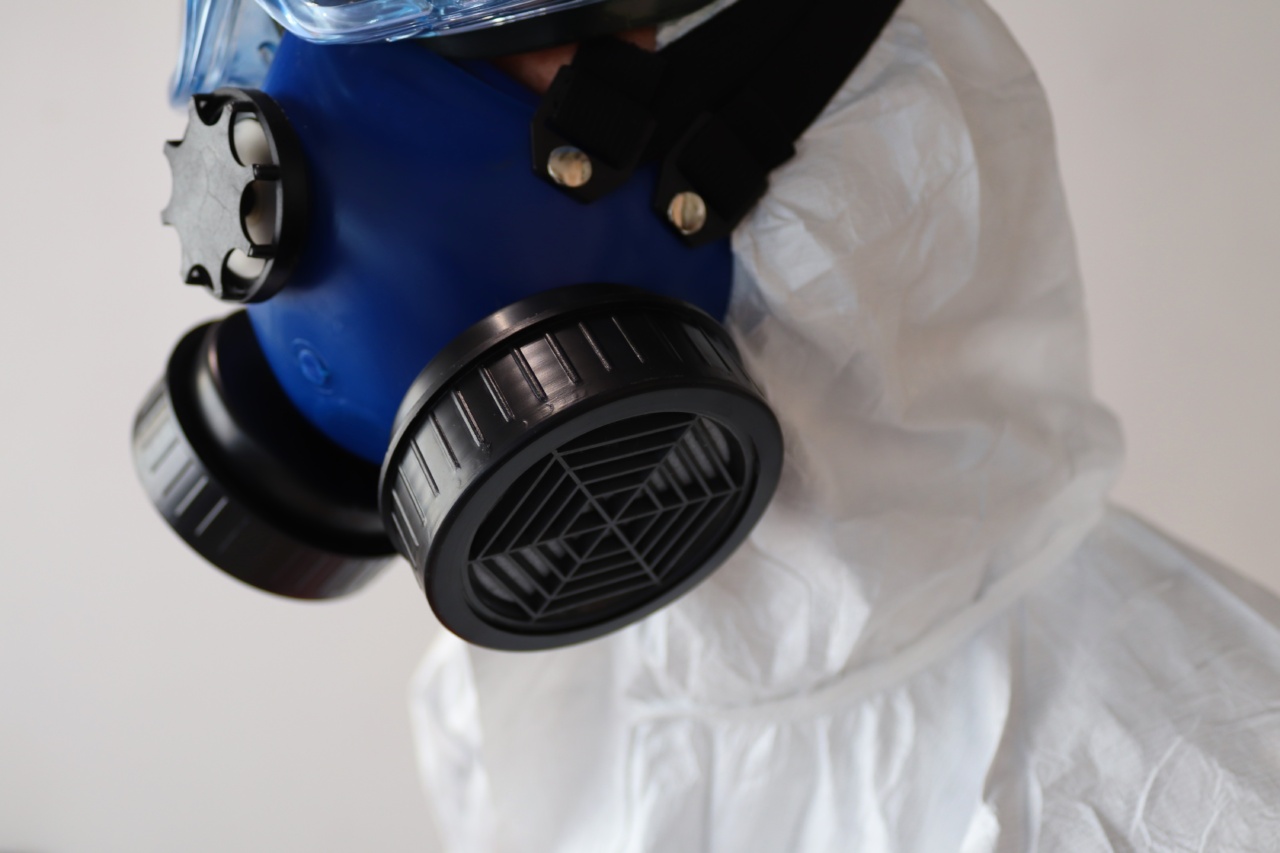Introduction.
Air pollution has become a pressing global issue, affecting millions of people worldwide. From smog-filled cities to polluted industrial areas, the adverse effects of breathing contaminated air are increasingly evident.
Not only does air pollution pose serious risks to human health, but it also has significant economic implications. This article examines the high cost associated with breathing polluted air and highlights the urgent need for effective solutions.
Health Impacts of Air Pollution
Air pollution has a profound impact on human health, causing a wide range of respiratory and cardiovascular diseases.
The inhalation of pollutants such as particulate matter, nitrogen dioxide, and ozone can lead to respiratory issues, including asthma, bronchitis, and even lung cancer. Studies have also linked long-term exposure to poor air quality with an increased risk of heart attacks, strokes, and other cardiovascular ailments.
These health effects not only result in significant human suffering but also place a tremendous burden on healthcare systems.
Economic Consequences
The economic consequences of air pollution are far-reaching and substantial. The healthcare costs associated with treating pollution-related diseases are astronomical.
The World Health Organization estimates that air pollution costs societies around the world over $5 trillion annually in welfare losses, with the majority of these costs occurring in low- and middle-income countries. These expenses include not only medical treatments but also lost productivity, reduced labor participation, and premature mortality.
Furthermore, air pollution can have a detrimental effect on tourism and the economy of heavily polluted regions. Visitors are less likely to choose destinations with poor air quality, leading to a decline in tourism revenue.
Industries located in highly polluted areas often struggle to attract and retain skilled workers, affecting overall productivity. Additionally, the damage caused by air pollution to crops and vegetation can have severe implications on agricultural yields, leading to food scarcity and increased prices.
Environmental Impact
Air pollution not only affects human health and the economy but also has a profound impact on the environment. Pollutants emitted into the atmosphere contribute to the greenhouse effect and climate change.
The burning of fossil fuels releases large amounts of carbon dioxide, a greenhouse gas that traps heat in the Earth’s atmosphere, leading to global warming. This, in turn, has cascading effects on ecosystems, including extreme weather events, rising sea levels, and the melting of glaciers.
Additionally, air pollution plays a significant role in the deterioration of air quality and the formation of smog. This, in combination with other environmental factors, leads to the degradation of ecosystems and the loss of biodiversity.
Pollutants deposited onto land and water bodies can also contaminate soil and aquatic ecosystems, further harming plant and animal life.
The Cost of Air Pollution Control
While the cost of not addressing air pollution is undoubtedly high, implementing effective pollution control measures also comes at a considerable expense.
Governments and industries must invest in cleaner technologies, stricter emission standards, and the enforcement of environmental regulations. These investments require substantial financial resources but are essential for safeguarding public health and mitigating the economic and environmental consequences.
However, it is crucial to note that the cost of pollution control should be seen as an investment rather than a burden.
The implementation of clean technologies can lead to job creation in the renewable energy sector and stimulate economic growth in the long run. Moreover, the health benefits resulting from improved air quality can significantly reduce healthcare costs and increase overall productivity.
The Need for Collective Action
Air pollution is a global problem that requires collective action on local, national, and international levels.
Governments, industries, and individuals must work together to address the sources of pollution, promote sustainable practices, and support renewable energy initiatives. Stricter regulations, incentives for clean technologies, and public awareness campaigns are among the necessary steps to combat this issue effectively.
Technology and Innovation
Advancements in technology and innovation play a crucial role in tackling air pollution.
From the development of emission-reducing devices to the creation of smart air quality monitoring systems, technology can provide effective solutions to combat pollution. Investments in research and development can drive the growth of sustainable industries, leading to the creation of green jobs and driving economic progress.
Education and Awareness
Education and awareness are essential in guiding individuals towards making environmentally conscious choices.
By educating the public on the health risks of air pollution and providing guidance on minimizing personal contributions to pollution, significant progress can be made. Governments and organizations should invest in public awareness campaigns to promote sustainable transportation, energy conservation, and responsible waste management practices.
Policy Changes
Effective policies and regulations are instrumental in addressing air pollution. Governments should enact and enforce stringent emission standards for industries and vehicles, promoting a shift towards cleaner energy sources.
Incentives for renewable energy adoption, such as tax breaks and subsidies, can encourage individuals and businesses to make environmentally friendly choices. Additionally, international cooperation is crucial to develop agreements and protocols that limit cross-border pollution and promote global air quality improvements.
In Conclusion
Air pollution exacts a high cost on human health, the economy, and the environment. The economic burden of healthcare expenses, reduced productivity, and environmental damage is significant, making it imperative to address this issue urgently.
By investing in clean technologies, enforcing strict regulations, and promoting public awareness, we can reduce the high cost of breathing polluted air and create a healthier, more sustainable future for generations to come.



























